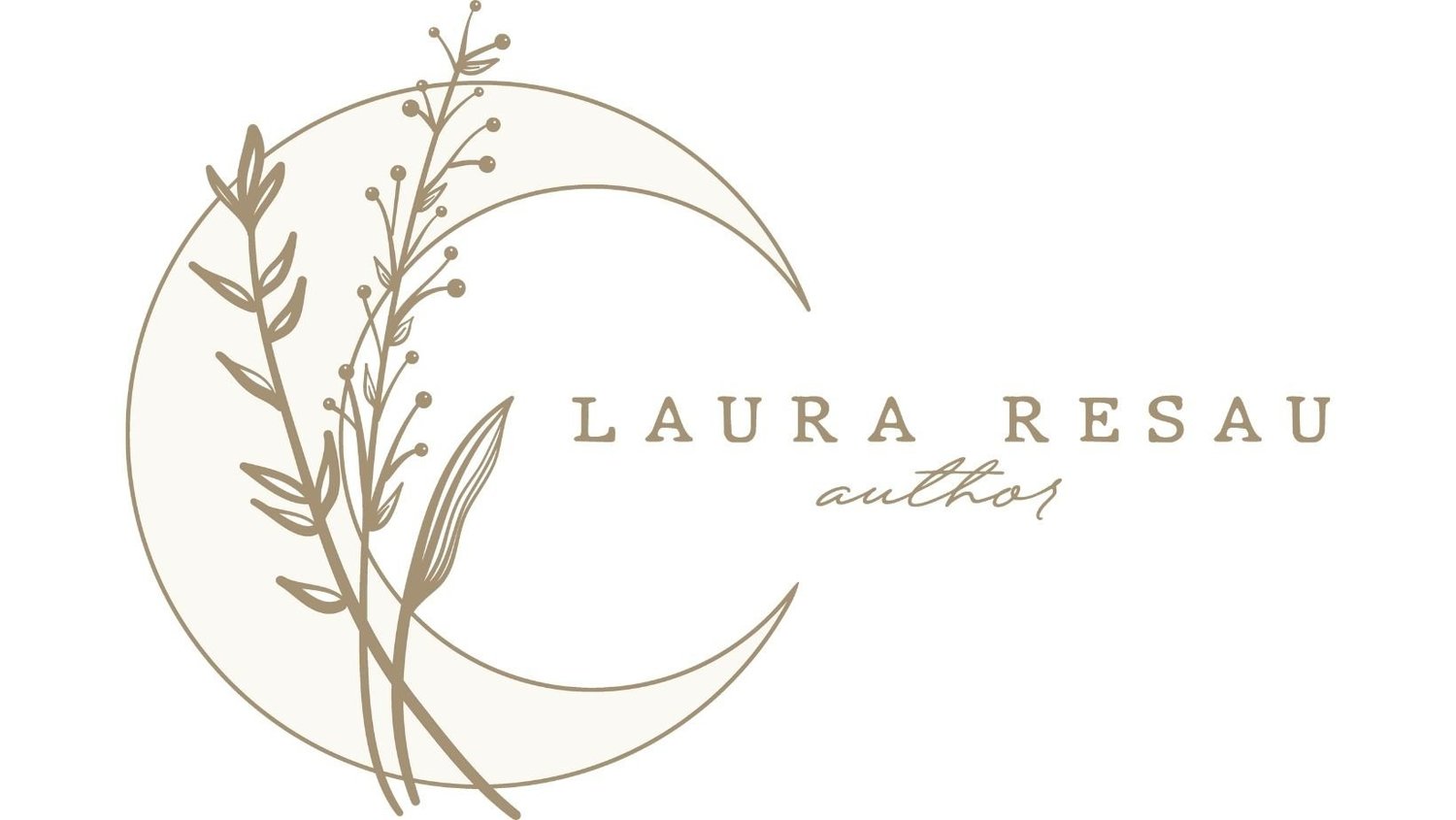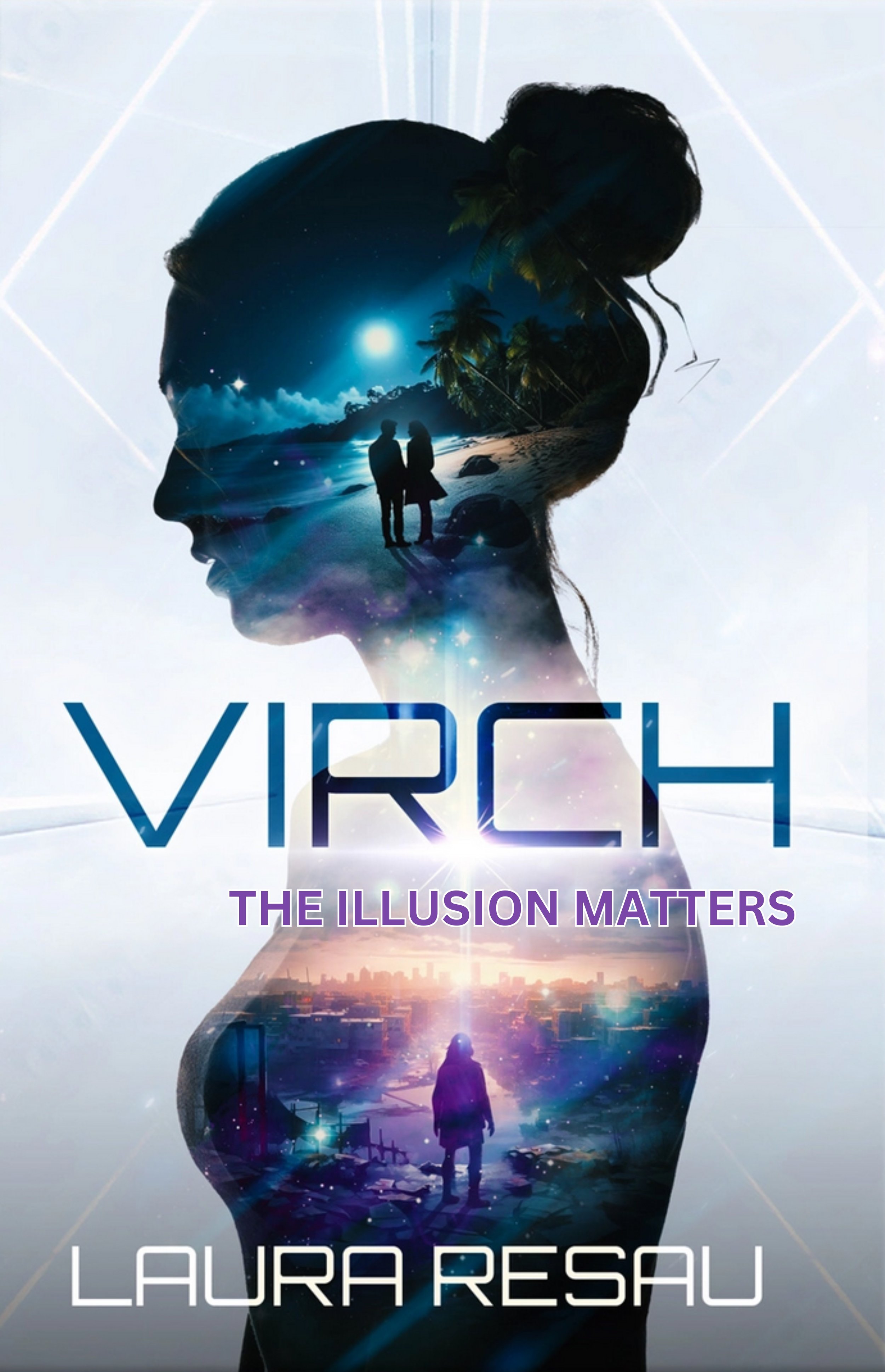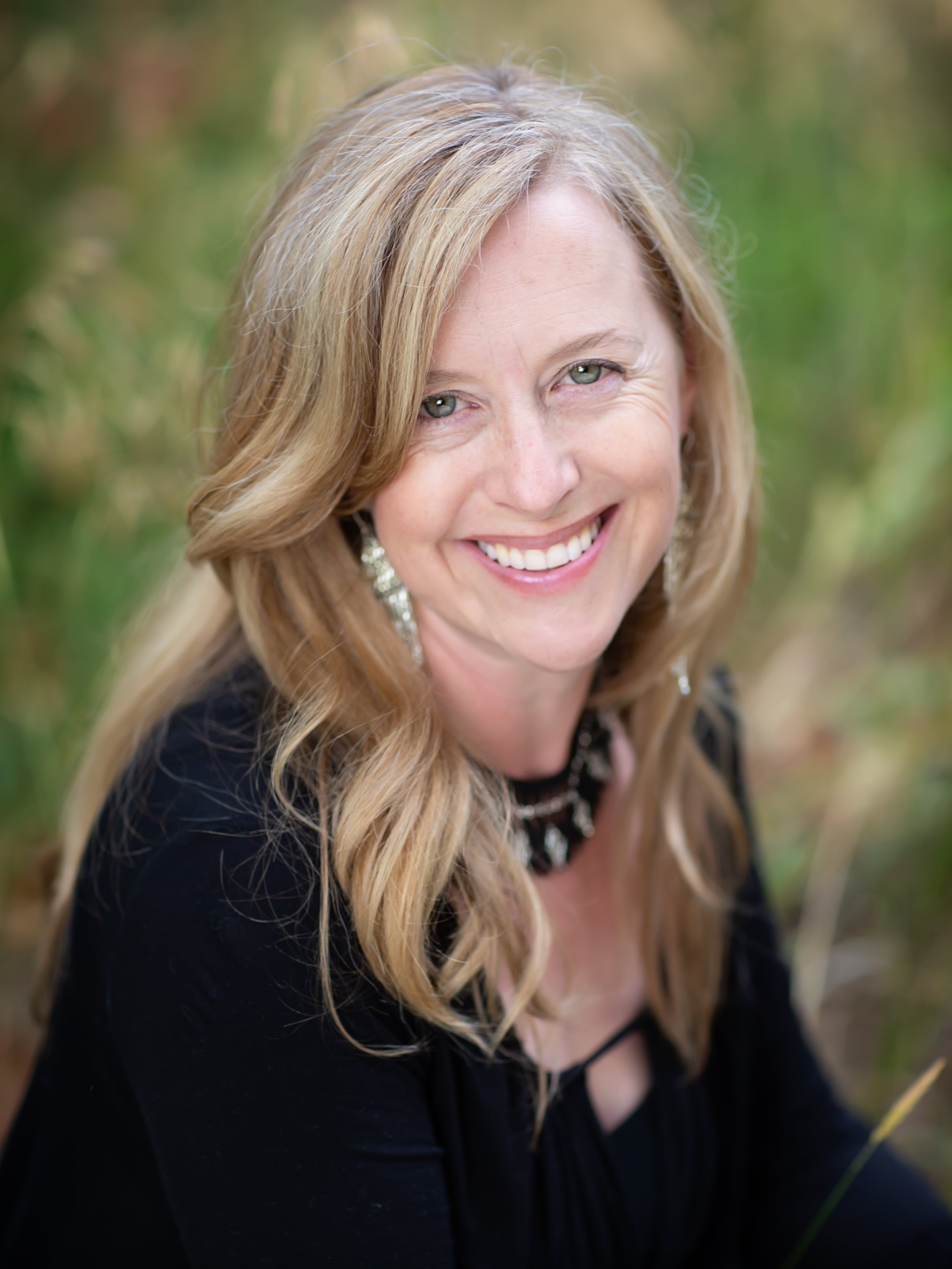Interview with Laura Resau
VIRCH
Rooted in futuristic science and ancient wisdom, Virch explores truth and illusion, human and environmental rights, and the forces of love behind it all.
You’ve written ten books so far, and none of them have been in the sci-fi genre. What inspired you to write your first sci-fi book?
Sci-fi and speculative fiction are my first loves, as far as genre. Books like A Wrinkle in Time sparked my dream to become a writer from the time I was a kid. This might be surprising to readers of the books I’ve written so far, which mostly fall into the category of “contemporary” and “realistic” with touches of magic. My dad’s a scientist, so science has always been fundamental to my perspective on the world. I’ve always loved it when scientific discoveries and mysteries and theories spark my imagination.
Over a decade ago, I read a philosophy article by Nick Bostrom called “Are We Living in a Computer Simulation?” It blew my mind—I couldn’t stop thinking about it. I started jotting down story ideas in my notebooks, made a file folder for it, and touched base with it every now and then to keep fleshing out ideas. Several years ago, I committed to actually writing and finishing it, then revising it with my writing group, family, friends, agent, and editors. Since I was juggling other projects, it was a long road, but I enjoyed the ride and I’m thrilled with how the book manifested.
What was most rewarding and most challenging about writing your first sci-fi/speculative fiction book?
I loved writing a book that asks the huge, timeless, existential questions about reality that philosophers have been examining for millennia. These are the kinds of questions that have fascinated me since I was a child. It felt exciting to use a framework of ancient wisdom for a futuristic sci-fi story that lets the characters explore these timeless themes. It was also fun to write a book that mostly takes place in just a few days, allowing a really breakneck pace. This story has a big twist in it that completely thrills me, and I love seeing readers’ reactions to the revelation—it bends their minds and makes them see existence in a whole new way.
As far as challenges, in early drafts, I wasn’t sure how much time and space to devote to world-building. For example, I was uncertain how much detail I should go into with new technology or how much futuristic slang to include. Some of my sci-fi expert friends like Todd Mitchell and Parker Peevyhouse gave me great advice on how to navigate these issues.
I also had trouble keeping the length down. In earlier drafts, I lingered in scenes to develop character, setting, and themes, but the pace suffered. I realized that to pull off the thriller elements, I really needed to keep things moving along swiftly and let the plot take the lead. There are still meaningful character transformations, relationships, themes, and settings, but there’s a strong momentum now, and it’s much more of a page-turner.
What are some of your favorite sci-fi books?
As far as books for kids and teens, as I mentioned, A Wrinkle in Time was a favorite of mine (and of many kids/YA authors of my generation!) It really expanded my concept of existence and time and space and possibility, which is what I hope Virch will do with readers.
The Girl with the Silver Eyes was another novel that I read over and over as a kid. It’s about a girl who has mental telepathy (with a scientific explanation). For me, as a scientist’s daughter, this meeting of science and special powers made a big impression. William Sleator’s House of Stairs was another novel that affected me in an existential way. It’s a thought-provoking story about a group of teens who find themselves in a structure of endless stairs that they’re trying to escape. I also enjoy exciting, futuristic sci-fi books by contemporary YA authors like Veronica Rossi and Amy Kathleen Ryan. Parker Peevyhouse is fantastic at writing mind-bendy books that really make you think. M.T. Anderson’s classic, Feed, makes you ask ethical and social questions about where our technology is leading us.
As far as books for adult readers, I’m a big fan of Blake Crouch’s mind-trippy Dark Matter and Recursion. I love sci-fi novels inspired by phenomena in physics, neuroscience, computer science, and the like—while still having well-developed characters and relationships. And I’ve always gravitated toward non-fiction about theoretical physics, from classics by Steven Hawkings to more accessible, contemporary books by Michio Kaku.
I highly recommend The Simulation Hypothesis by Rizwan Virk, which I was thrilled to stumble across after I’d finished my manuscript. I devoured his book—an excellent, accessible deep dive into some of the ideas presented in my novel. It’s the perfect follow-up non-fiction read for anyone who wants to further explore these mind-bending possibilities.
Do you believe we’re living in a simulation?
Honestly? I do think it’s a possibility. It would explain some mysteries of quantum physics, and there are pretty convincing arguments for it laid out by philosopher Nick Bostrom, and more recently, video game pioneer and computer scientist Rizwan Virk.
That said, if we are living in a simulation, there could be all kinds of scenarios behind our reality, some far outside a multi-player video game paradigm, and some that we can’t even imagine. And to be super-clear, I believe that living in a simulation would not diminish how deeply meaningful our existence is—in fact, it could go hand in hand with some ancient spiritual beliefs about the nature of truth and illusion. As the Daoist thinker Zhuangzi wondered two millennia ago: Am I a human dreaming of being a butterfly, or a butterfly dreaming of being a human?
One reason I wrote this book was to come to terms with the idea that we might be living in a simulation, and to explore how I might think and act differently. I came to realize that personally, I’d still have the same kinds of values and goals and dreams. I’d still care about the same things (and nature and people and relationships) and take the same kinds of actions to protect them.
I think that humans might not be capable of understanding the ultimate nature of reality—in the way that a chipmunk can’t understand algebra. And that’s okay with me, although it’s fun and fascinating to imagine possibilities. As Einstein said, “The most beautiful thing we can experience is the mysterious.”
Will there be a sequel to Virch?
The book absolutely stands alone, but I do have an idea for a companion novel, which for the most part has different characters, although the two protagonists from Virch might have cameos. It’s set in the same universe as the first book, and I think it could bend readers’ minds in even more interesting ways.
For more about Laura and her books, please visit www.LauraResau.com.


